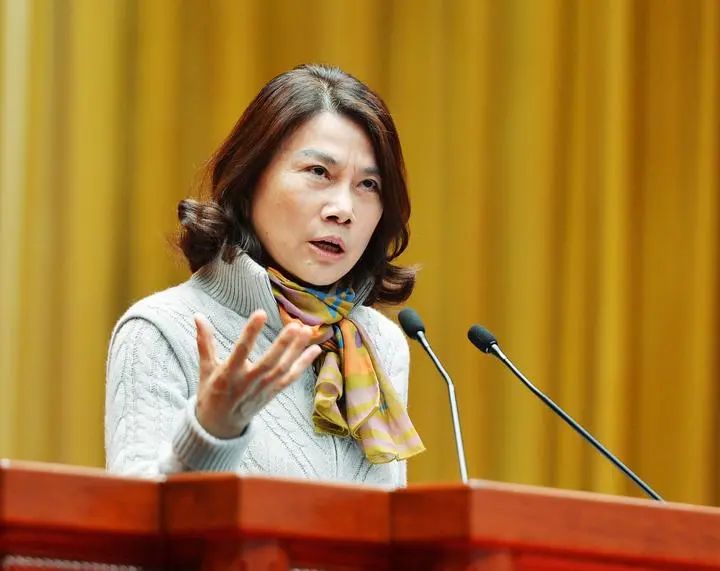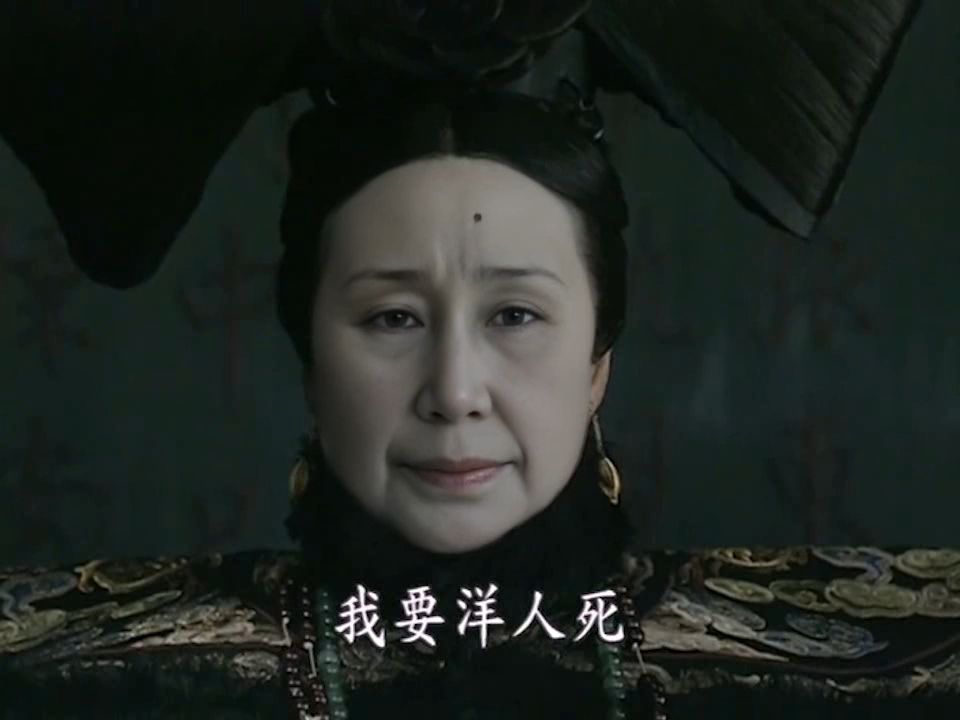html
Why Gree Electric Refuses to Hire Foreign-Educated Talents: Behind Dong Mingzhu’s Controversial “Spy” Remarks
1. Introduction
At a recent shareholder meeting for Gree Electric (000651.SZ), Chairperson Dong Mingzhu ignited widespread controversy with her bold statement: “Gree will never hire foreign-educated talents (海归派) because there are spies among them.” This comment quickly set off debates across Chinese media and social platforms, drawing criticism from both overseas-educated professionals and domestic news outlets.
Dong’s remarks highlight a broader tension within corporate China: the delicate balance between integrating global talent and addressing national security concerns. This article delves into the context, implications, and hidden strategies behind her statement, offering valuable insights for international readers unfamiliar with China’s corporate dynamics.

Dong Mingzhu at a Gree Electric event
2. The Controversy: “Foreign-Educated Talents = Spies?”
2.1 What Did Dong Mingzhu Say?
During discussions about management rejuvenation, Dong emphasized Gree’s commitment to cultivating domestic talent:
- “Gree’s R&D team of over 12,000 employees is entirely sourced from Chinese universities, not foreign-educated returnees.”
- “We cannot risk hiring spies disguised as overseas talents. I don’t know who is or isn’t one, so we’ll stick to safer choices.”
These remarks were interpreted as labeling all foreign-educated professionals as potential security threats, drawing parallels to Trump-era rhetoric in the U.S., where Chinese students were similarly scrutinized under the “China Initiative.”
2.2 Public Backlash
- Media Criticism: Outlets like The Paper and New Beijing News criticized Dong’s remarks as “divorced from reality” and harmful to China’s efforts to attract global talent.
- Student Outrage: Many returnees expressed frustration, citing examples like Qian Xuesen (father of China’s aerospace program) and tech leaders at Huawei and Tencent—all of whom studied abroad.
- Hypocrisy Claims: Netizens noted Gree’s VP Wang Ziru was part of Shenzhen’s “Peacock Plan” for overseas talent, raising questions about internal consistency.

Protest against Dong Mingzhu’s remarks
3. Context: Why Now?
3.1 Power Consolidation at Gree
Dong’s comments came during a board reshuffle where she secured a fifth term as chairperson. Critics argue her “spy” narrative was a strategic move to:
- Deflect Age Criticism: At 71, shareholders questioned her grip on leadership. By framing foreign-educated hires as risks, she rallied support from conservative factions within Gree.
- Unify Internal Loyalty: Similar to historical leaders like Empress Dowager Cixi, Dong used an external “threat” to consolidate power and sideline reformists pushing for younger, globally-minded executives.
3.2 Geopolitical Tensions
U.S.-China tech competition has heightened corporate sensitivities. Gree, a leader in air conditioning and semiconductors, faces pressure to protect intellectual property (IP). Dong’s stance mirrors state policies like the Peacock Plan, which prioritizes domestic R&D while cautiously integrating foreign expertise.
4. Deeper Motivations: Beyond “Spy” Rhetoric
4.1 Corporate Control
- Resisting Shareholder Influence: Gree’s major shareholders include regional sales agents pushing for diversification (e.g., smartphones, EVs). Dong’s anti-foreign rhetoric strengthens her authority to prioritize core businesses like air conditioning.
- Legacy Building: Dong aims to cement Gree as a “purely Chinese” brand. Her recent rebranding of Gree stores to “Dong Mingzhu Healthy Home” underscores her personal branding strategy.
4.2 Talent Strategy
- Cost Efficiency: Domestic graduates are cheaper than returnees, who often demand higher salaries. Gree’s R&D costs (CNY 10B+ annually) align with this frugal approach.
- IP Protection: Cases like a former engineer leaking compressor designs to foreign rivals have made Gree wary of external hires.
5. Broader Implications for China’s Tech Sector
5.1 Talent Polarization
Dong’s remarks highlight a divide:
- State-Owned Enterprises (SOEs): Prefer homegrown talent for loyalty and cost.
- Private Tech Giants (e.g., Huawei, ByteDance): Actively recruit returnees for global expansion.
This split risks isolating SOEs from international innovation, potentially slowing China’s tech ambitions.
5.2 Global Perception
China’s 2024 Opinions on Overseas Talent Recruitment emphasizes attracting top minds. Dong’s comments contradict this, risking deterrence of skilled diaspora.
6. Case Studies: Lessons from Huawei and Xiaomi
6.1 Huawei’s Global Talent Pool
- Employs returnees and foreign experts in 5G and AI.
- Maintains strict IP protocols without blanket bans on overseas hires.
6.2 Xiaomi’s Hybrid Approach
- Founder Lei Jun studied in the U.S. but prioritizes domestic R&D for cost control.
- Balances global insights with localized production.

Xiaomi’s global headquarters
7. Recommendations for Foreign Talents
- Research Corporate Culture: SOEs like Gree may resist foreign hires; private firms are more open.
- Highlight Localized Skills: Fluency in Mandarin and understanding of Chinese markets are critical.
- Leverage Policy Incentives: Programs like Shanghai’s “Overseas Talent Residence Permit” offer tax breaks and healthcare.
8. Conclusion
Dong Mingzhu’s “spy” remarks reflect Gree’s internal power struggles and China’s broader tech-security balancing act. While her rhetoric appears isolationist, it underscores a tactical play for control, not a rejection of global talent. For foreign-educated professionals, understanding these nuances is key to navigating China’s complex corporate landscape.
As China pushes for “self-reliance” in tech, the tension between openness and security will persist. Companies like Gree must find middle ground—safeguarding IP without alienating the global expertise that fueled their rise.
References: [[33]]
